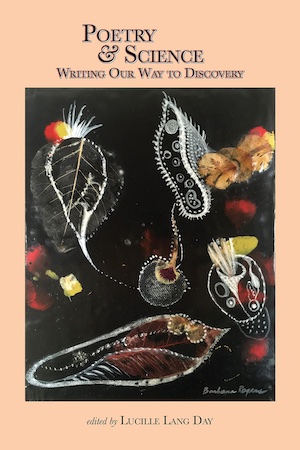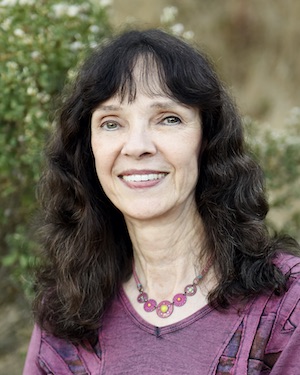By Audra Nemirow
“Knowledge has always been my North Star,” said Lucille Lang Day (ΦBK, UC Berkeley), “and it’s been what’s made my path through life possible.”
Phi Beta Kappa played a key role for Day; it was something she always knew about as a student and aspired towards. She even shares a special connection with the organization, as her birthday, December 5, is the anniversary of Phi Beta Kappa’s founding in 1776. But long before Day knew about Phi Beta Kappa or the coincidence of the matching birthdays, she was guided by this love of knowledge.
Day’s educational journey has been rich, albeit unusual. She dropped out of school at the age of 14 and had a baby. She did not go back to school until she was 17, but once she returned, her passion for knowledge proved to be boundless. A life-long desire to be a poet merged with a newfound desire to study science, and Day knew what she wanted to dedicate her life to as she entered college.
“I read Madame Curie’s biography by her daughter, Eve Curie,” Day said, “and then I decided I wanted not only to be a poet and a writer, but also a scientist.”
As Day started her undergraduate journey, however, she found it difficult to fully commit to both writing and science. At first, she thought she did not need to study writing, that she only really needed to study science, but she soon learned that honing her writing skills required just as much study. It was not easy, but Day eventually found a way to make time for both disciplines. Now, Day has five degrees: a B.A. in biological sciences, M.A. in zoology, and Ph.D. in science/mathematics education from the University of California, Berkeley; and an M.A. in English and M.F.A. in creative writing from San Francisco State University.
But for Day, writing, namely poetry, and science are not really two separate disciplines. They can inform each other, they can combine to aid in understanding the world. In her new book, Poetry & Science: Writing Our Way to Discovery, Day, along with four contributing authors, aims to bring science into poetry and poetry into science, to dissolve the boundaries between them. The book combines discourse on the relationship between science and poetry with examples from each poet’s work. Day served as the editor for the volume, published by Scarlet Tanager Books in November 2021.

“It’s important to bring poetry and science together,” Day said. “There are a lot of the same kinds of thinking that go into poetry and science.” Day noted that in both disciplines you manipulate variables in different contexts: in a biology experiment, for example, you manipulate light, temperature, etc., and in poetry, you manipulate line breaks and vowel and consonant sounds. But the main thing, according to Day, that poetry has that the traditional scientific discourse does not have is an allowance for emotions.
“I think that scientists can benefit from responding to their material emotionally, and in the general public, everybody needs to know something about science these days,” Day said. “You can’t evaluate what you read in the newspaper about vaccines or climate change if you don’t pay attention to science, and I feel like poetry gives people another road into science.”
Poetry & Science: Writing Our Way to Discovery has a serendipitous beginning. It came to be due to a panel Day organized at an Association of Writers and Writing Programs conference last year. This panel brought Day together with some of her favorite poets who also use science in their poetry: Elizabeth Bradfield, Alison Hawthorne Deming, Ann Fisher-Wirth, and Allison Adelle Hedge Coke. At the suggestion of Coke, the writers decided to use their remarks as the basis of a book.
Day knows that this book cannot possibly uncover all the possibilities of bringing poetry and science together, but she hopes that it will inspire more poets to bring science into their work and more scientists to engage with poetry. And in the long-term, she wants this book to be part of an ongoing initiative to bring poetry into places like zoos and science museums. The quest to bring science and poetry together and to discover all the potential outcomes of such a union is never-ending.
“I feel like we need to keep learning during our entire lives, and I think other Phi Beta Kappa members are committed to that,” Day said. “I’ve done all I can in the way of formal education, but I still have only scratched the surface of human knowledge.”
Audra Nemirow is a senior at Hofstra University, where she is majoring in film studies and production. She was inducted into Phi Beta Kappa there in May 2021. Hofstra University is home to the Omega of New York chapter of Phi Beta Kappa.




